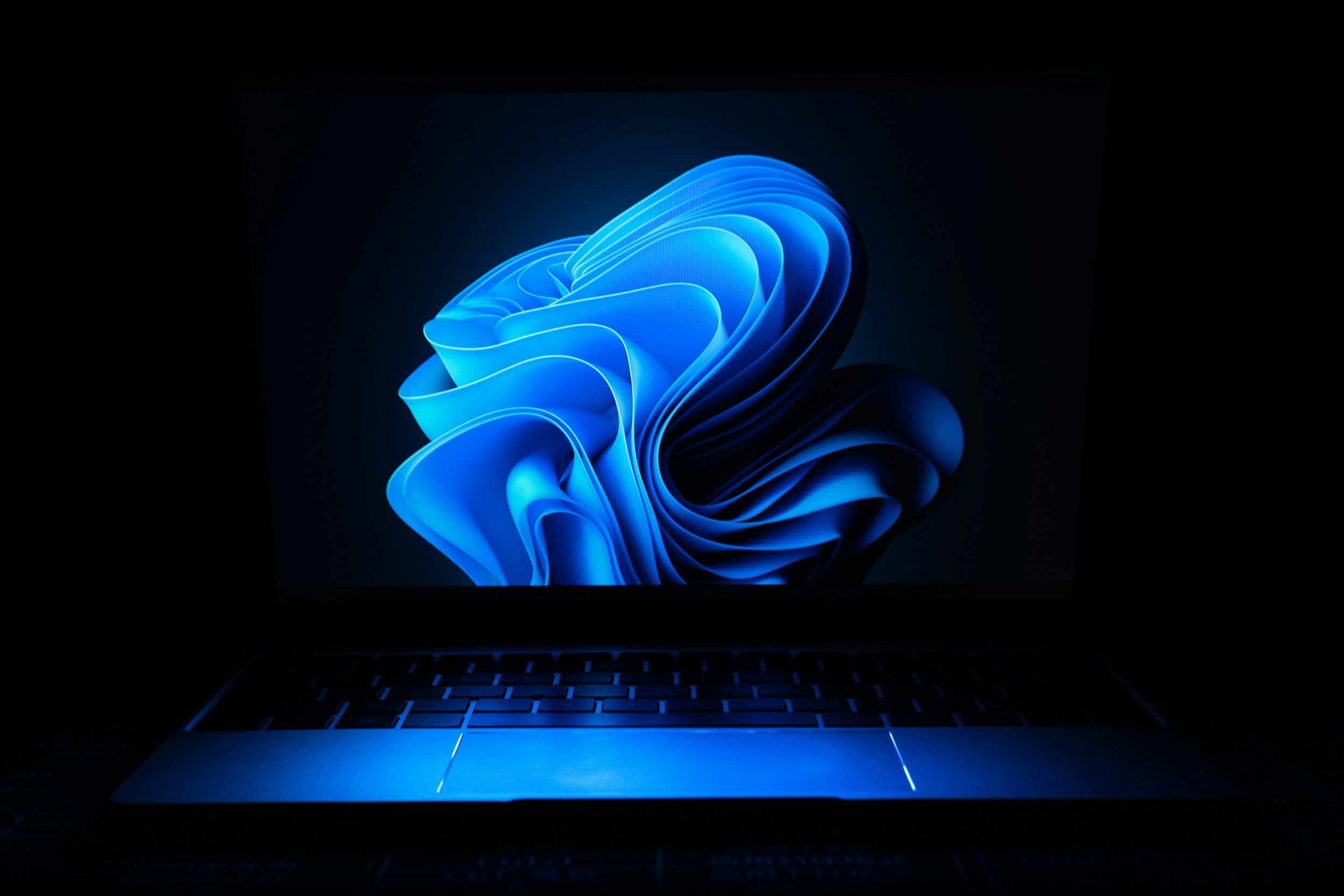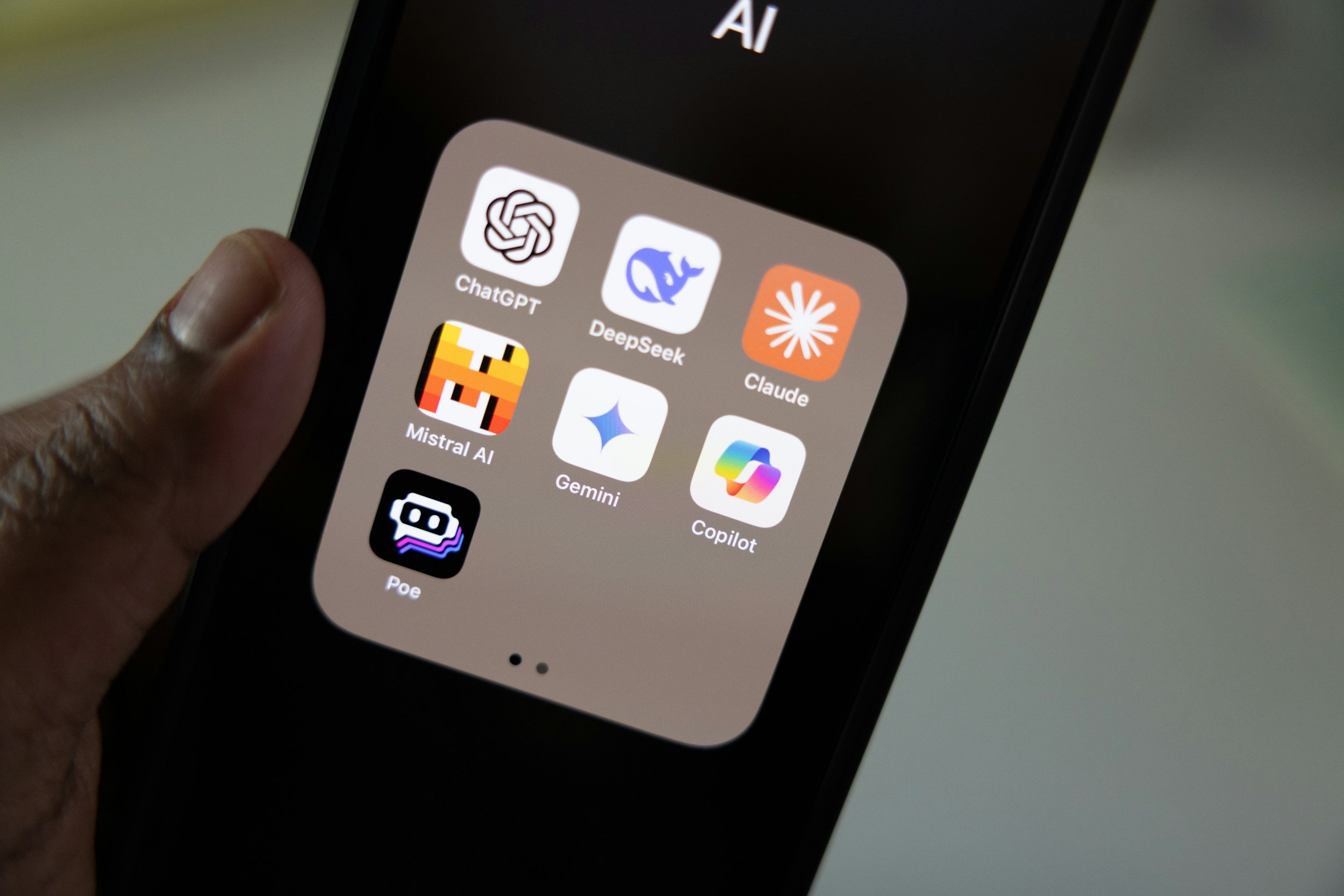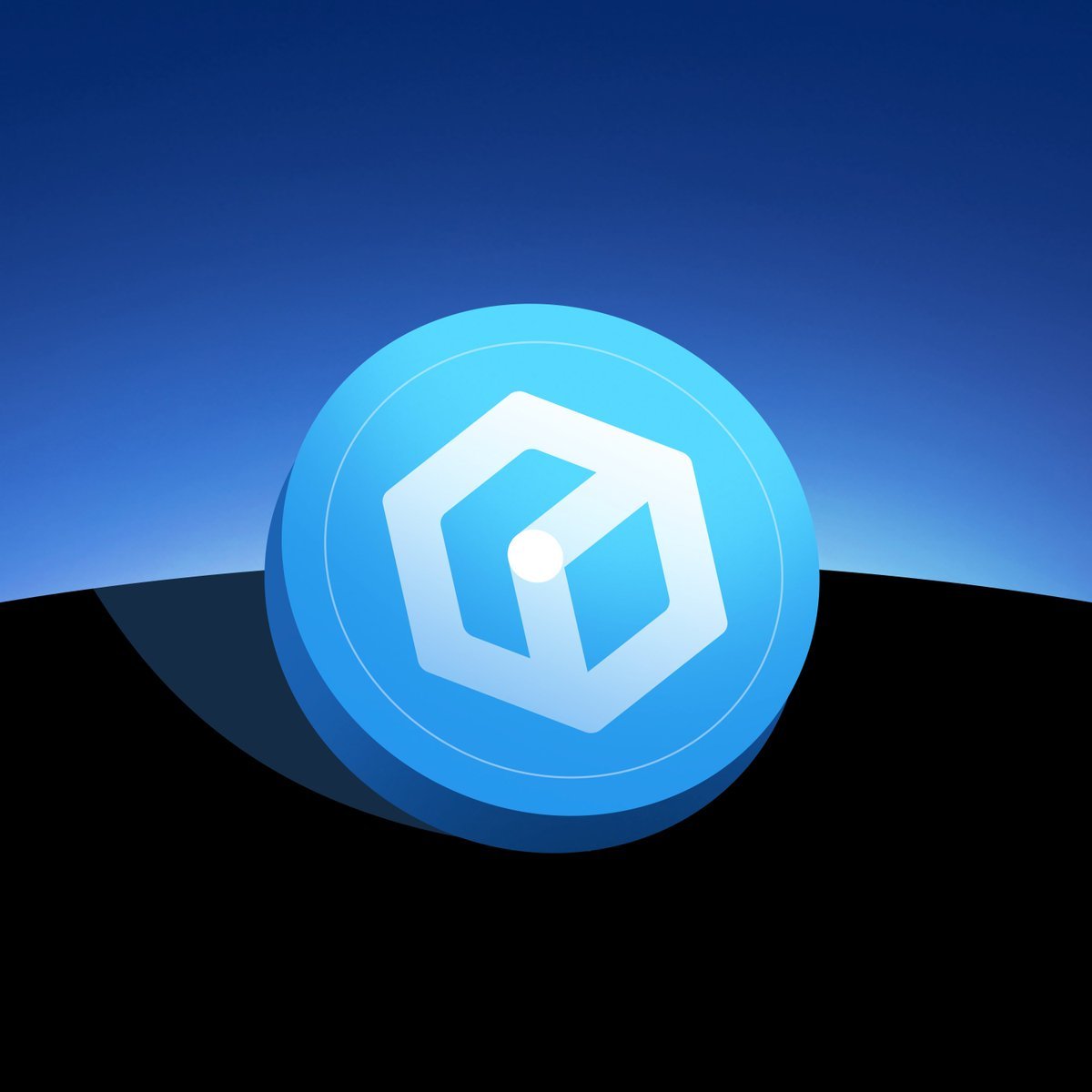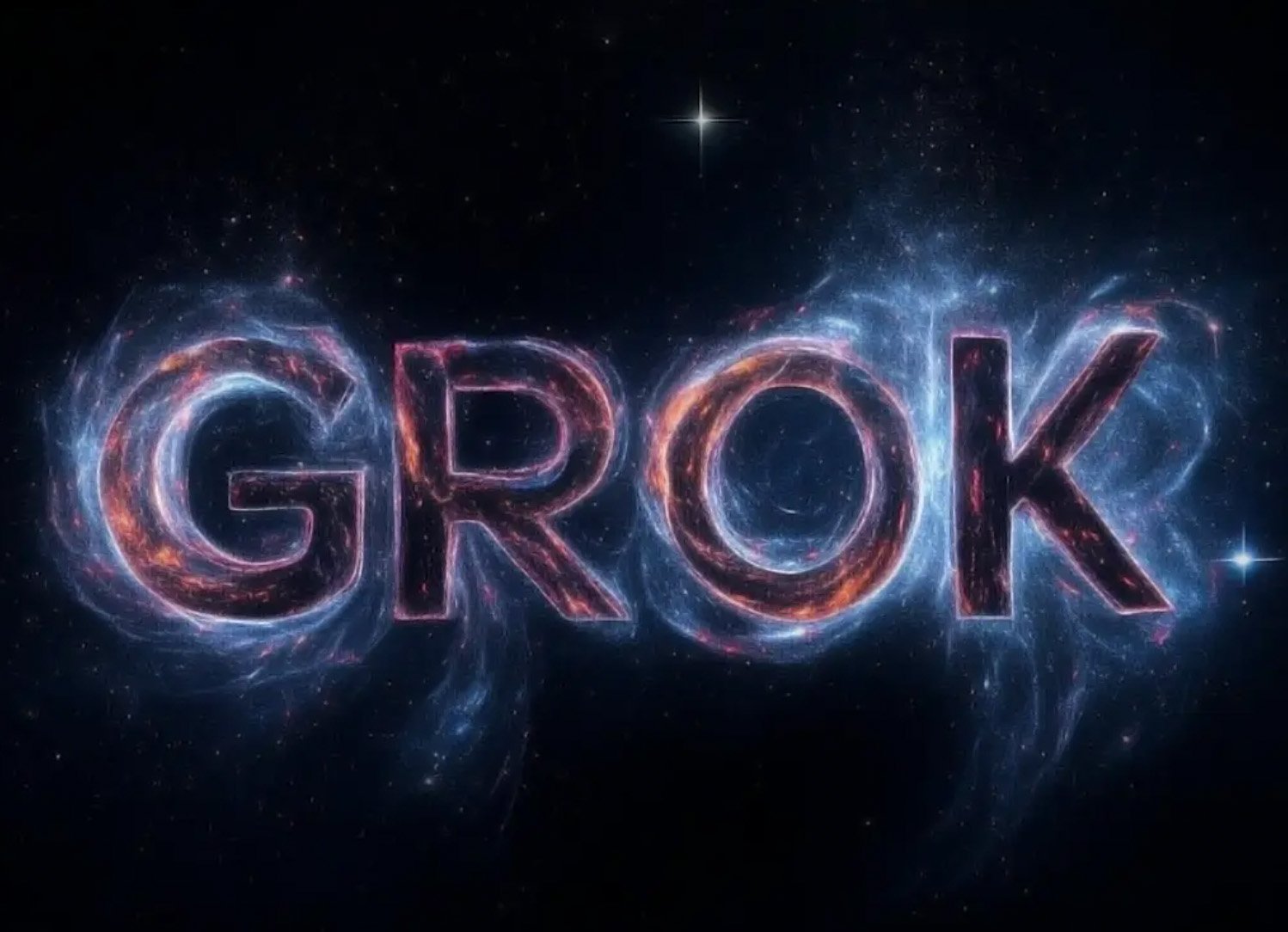Anthropic’s Bold AI Vision: Can Claude Lead a Safer, More Ethical AI Future?
Image Credit: Solen Feyissa | Splash
In the competitive world of artificial intelligence, where speed and scale often dominate the conversation, one company is taking a distinctly different route. Anthropic, founded by former OpenAI researchers Dario and Daniela Amodei, is positioning itself as the standard-bearer for safe, ethical AI. At the center of its vision: Claude, a language model designed not just for capability, but for character.
A recent WIRED feature published on March 28 highlights Anthropic’s mission to build an artificial general intelligence (AGI) that is not only powerful but aligned with human values.
[Read More: OpenAI Unveils o3: Pioneering Reasoning Models Edge Closer to AGI]
A Departure Fuelled by Principles
Anthropic emerged in early 2021 from a split with OpenAI. Dario Amodei, formerly OpenAI’s Vice President of Research, and his sister, Daniela, left the organization with a handful of colleagues, citing disagreements over the direction of AI development. The timing was turbulent—just weeks after the Capitol riot and amid the throes of the COVID-19 pandemic.
Within a short span, the newly formed company secured US$124 million in funding, much of it from backers associated with the effective altruism movement, including Skype co-founder Jaan Tallinn, a vocal proponent of AI safety. The funding underscored Anthropic’s appeal to those seeking a more principled approach to AI development.
[Read More: Amazon Deepens Generative AI Strategy with $4 Billion Investment in Anthropic]
Claude: The Responsible Rival
Anthropic’s flagship model, Claude, is designed to counter the risks associated with powerful AI systems. Unlike many competitors racing to dominate market share, Anthropic deliberately delayed Claude’s launch in 2022 to conduct additional safety testing. While that move may have cost the company a first-mover advantage, it helped solidify its image as a safety-first innovator.
The most recent version, Claude 3.7, released earlier this year, features hybrid reasoning tools that allow users to modulate the model’s depth of analysis—an innovation aimed at improving both control and interpretability.
At its core, Claude is intended to be what Dario Amodei calls a “good guy” AI—a partner to humanity rather than a threat. “It’ll be a good guy, an usher of utopia”, he told WIRED. This ethos distinguishes Anthropic from AI firms more focused on performance and profitability than on principles.
[Read More: AI Chatbot Hacks Google Chrome’s Password Manager? ChatGPT Vulnerability Exposed]
From Underdog to Major Player
Despite its slower rollout, Anthropic has attracted major backers. Amazon has committed US$8 billion, while Google has invested another US$2 billion, showing strong confidence in the company’s long-term vision.
Anthropic’s workforce has surged from around 200 employees in early 2023 to nearly 1,000 by the end of 2024, now headquartered in a sleek 10-story tower in San Francisco’s South of Market district. That growth reflects the rising demand for AI that prioritizes ethics alongside efficiency.
Still, Anthropic’s ties to effective altruism have sparked debate. Critics warn of ideological bias, while supporters argue it provides a valuable moral compass in an industry often accused of recklessness. Either way, the capital has given the company the means to compete with AI giants.
[Read More: AI Safety in Jeopardy: Anthropic's Study Exposes Vulnerability in Advanced AI Systems]
Inside the “Dario Vision Quest”
Anthropic’s internal culture mirrors its visionary roots. Founder Dario Amodei hosts monthly “Dario Vision Quest” sessions—open discussions on long-term strategy and philosophical questions. In one session, he posed a provocative scenario: What happens if AI goes right?
It’s a striking contrast to the prevailing narrative of AI fear. Amodei doesn’t dismiss the risks, but he wants to shift the conversation toward potential: solving global problems, enhancing education, supporting scientific breakthroughs. It’s an optimistic outlook rarely found in an industry that often swings between hype and panic.
[Read More: Introducing Claude 3.5 Sonnet: A New Challenger in the AI Arms Race!]
The Pressure to Keep Pace
But optimism alone doesn’t win in AI. Anthropic faces mounting pressure from faster-moving rivals like DeepSeek, a Chinese model gaining attention for its efficient architecture. Amodei, however, remains unfazed. Intelligence, he argues, is worth investing in—even if it’s expensive.
“If you’re getting more intelligence per dollar, you might want to spend even more dollars on intelligence,” he said.
In December 2024, Anthropic announced a partnership with Amazon to build a dedicated AI supercomputer, signalling that the company is ready to scale up while maintaining its methodical approach.
[Read More: AI Funding Hits US$340B in 2025: Boom or Bust Ahead?]
Safety as a Strategy
Anthropic’s focus on interpretability—research that aims to understand how AI systems make decisions—has earned praise from academics and policy circles. If successful, it could set a new benchmark for transparency across the AI industry.
But balancing safety with speed is not without trade-offs. Investors want returns. Users want performance. The tech landscape doesn’t always reward patience. Anthropic must prove that its principles can scale without compromise.
[Read More: Rethinking Fingerprints: AI Challenges Uniqueness Assumptions]
Source: WIRED











